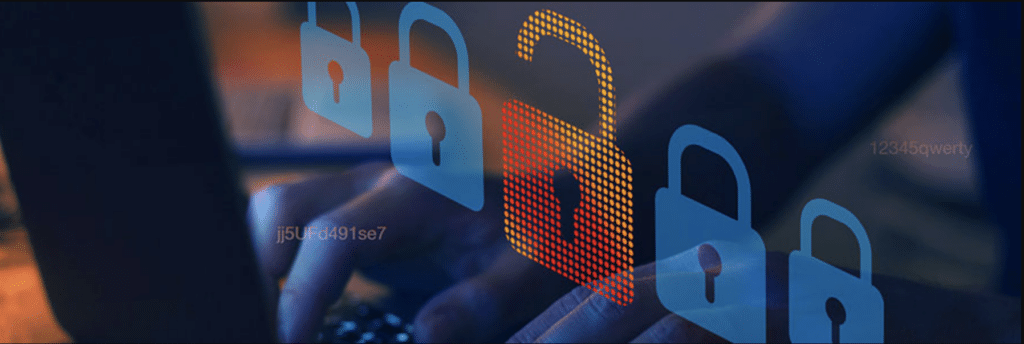A new generation of malware is on the rise, and it’s proving to be a formidable opponent for businesses of all sizes. Fileless malware is just one of the many types of attacks that organizations need to be aware of and prepared to defend against.
What is fileless malware?
Fileless malware is a type of malicious program that operates without using executable files to infect a computer like how traditional malware does.










